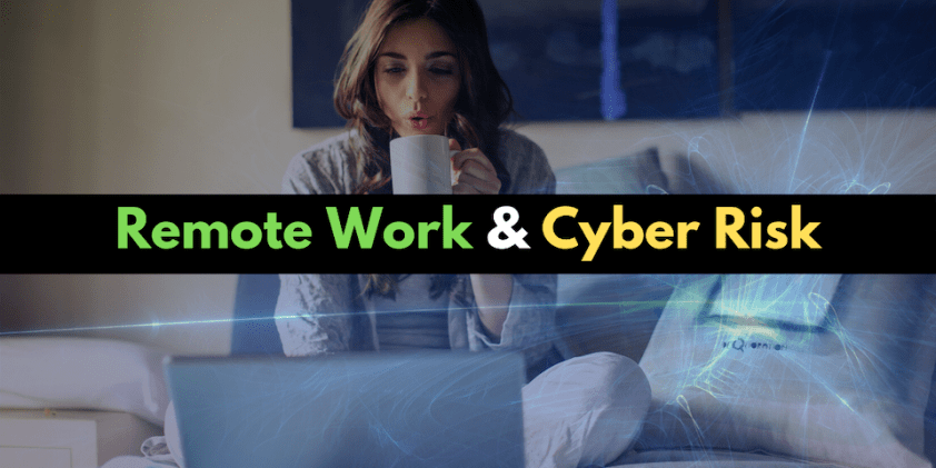With the massive surge in the number of remote workers, hackers have shifted their focus to new cybersecurity attacks. They are mainly targeting poorly protected personal devices used to work from home. The risk from phishing and malware threats has increased tremendously, which led us to create this brief guide and keep you updated on the latest remote work security risks you should be looking out for.
#1 Phishing Attacks
Phishing has always been one of the most common cybersecurity threats even before the COVID-19 and the remote working trend. However, with everyone focused on adapting to this new situation, hackers grabbed the opportunity to scam users through phishing emails and sites. Fake links and phishing emails where third parties are impersonating a company can lead to data and identity theft unless you remain aware of the potential risk at all times.
#2 Unauthorized Access
People working from home have access to corporate websites and files under unprotected networks and poor passwords. This gives hackers a chance to get their hands on sensitive data easier than ever before. Poor password habits such as reusing old passwords or storing them in an unsafe location can lead to serious data breaches and irreparable consequences.
#3 Network Breaches
Lastly, many remote workers have poorly unprotected WiFi networks at home which they use to transfer all sorts of valuable data. Most home-based networks use the weaker WEP protocol instead of the WPA 2. Without an IT security team keeping things under control, employees will remain unprotected from cybersecurity threats and network breaches.
Why Security Risks Have Increased and How to Stay Protected
There are two main reasons why the concerns over cybersecurity have increased during the remote working surge; employees are using personal devices to get work done and there is a significant lack of data encryption in place. Businesses that are not able to provide protected devices for all their remote workers have to deal with a larger amount of risk coming from people’s personal devices.
Namely, many employees were unprepared for the sudden shift to remote working. Hence, they never went through the necessary security procedures to ensure maximum protection for personal and corporate data. The unprotected personal devices that have access to corporate files and websites pose a great risk for any organization. Businesses that are facing this issue should create remote work policies and training programs to raise awareness about security risks and help employees adapt to the new environment.
Data and device encryption should be encouraged as well. With hundreds of VPN services providing reliable encryption, employees can easily protect their data with an affordable VPN subscription plan. Besides, the benefits of a VPN go beyond corporate security. Users can take advantage of VPN’s virtual location benefits for personal use such as streaming geo-blocked content and accessing movies and sites unavailable in their region. Overall, raising awareness about the increased security threats and establishing data protection can make a significant difference in cybersecurity during and after Covid-19.



 714-333-9620
714-333-9620